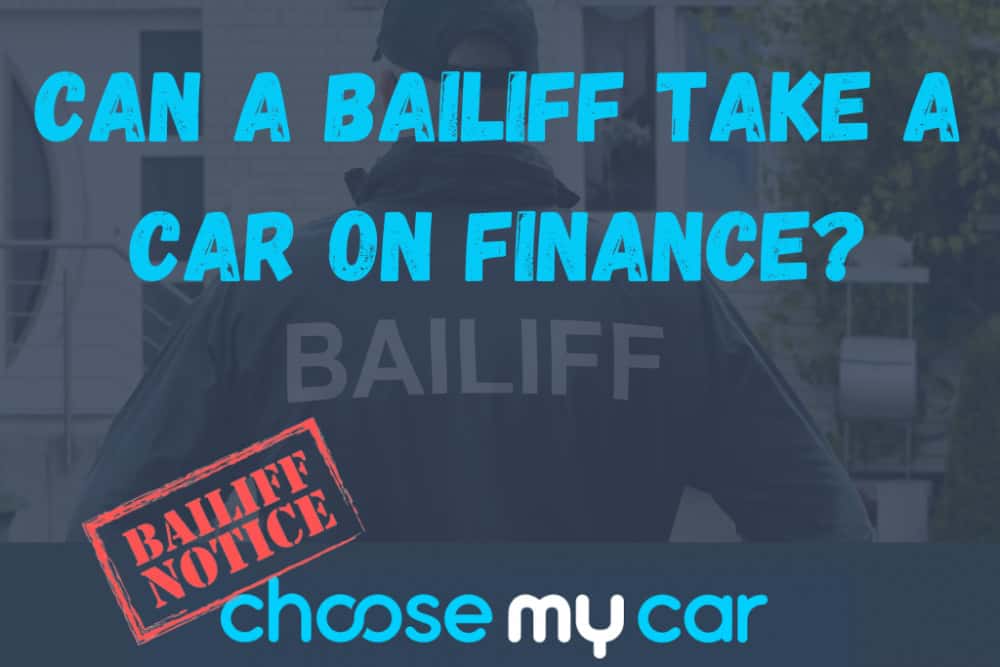Bailiffs and the Cost of Living Crisis
During this cost of living crisis, it’s no surprise that debt across the country is building up. While there is some government support out there, for the average working person, there are only a few ways to avoid falling behind on payments.
For many without a safety net, debt can accumulate fast and soon turn into letters, calls, and eventually threats from debt collectors, more formally known as bailiffs.
Falling behind on bills can feel daunting, but bailiffs aren’t sent out after just one missed payment. Creditors are often more flexible than people think, and with consumer credit borrowing reaching £0.9 billion in May 2025 according to the Bank of England, it’s clear many households are under pressure.
What is a Bailiff?
A bailiff, also called an enforcement agent, is brought in when debts have gone unpaid for a long time. For example, if a parking ticket remains outstanding for six months or council tax arrears spiral, and there is little sign of repayment, the debt may be transferred to bailiffs to recover.
They act on behalf of the creditor and will typically turn up at your door with a collection notice demanding repayment. If payment cannot be made immediately, they can seize possessions, often beginning with easily movable items such as your car. However, there are clear rules that govern their behaviour.
Bailiffs must give at least seven days’ notice before their first visit, they cannot force entry, they cannot attend during unsociable hours, and they cannot enter if only under-16s are present. They must also carry proof of identity, provide details of the company they represent, and a breakdown of the amount owed.
Can Bailiffs Take a Car on Finance?
The short answer is that in most cases they cannot. A car purchased through hire purchase, conditional sale or personal contract purchase belongs legally to the finance company until the final payment is made. This means the vehicle is not your property to give up, and bailiffs cannot seize it as though it were an owned asset. Citizens Advice confirms that financed vehicles are not generally at risk, as they are not yours to sell.
However, the picture is not completely straightforward. There have been cases where cars on finance have been clamped on a public road under the Taking Control of Goods Regulations 2013, although they should not be removed once finance is proven.
Bailiff Advice Online explains that a vehicle can legally be immobilised for at least two hours while the bailiff checks its status, which can cause distress even when ownership is not yours. This makes it all the more important to keep your finance agreement, statements or an HPI check readily available to prove the car is under finance if questioned.
For cars owned outright, the situation is different. If you own your vehicle in full, it is typically one of the first things bailiffs will look to repossess, as it sits outside the home and is easily accessible. The only exemptions are if the car is needed for work and valued under £1,350, or if it has a Blue Badge or is a mobility vehicle.
Debt in the UK: The Latest Picture
The UK’s debt levels remain high, which explains why bailiff involvement continues to be a real risk. According to the House of Commons Library, household debt as a percentage of disposable income stood at around 117.2% in early 2025. Figures from the Office for National Statistics show that public sector net debt excluding public sector banks was 96.1% of GDP at the end of July 2025. These figures underline just how widespread the issue of debt is and why creditors are increasingly resorting to enforcement measures.
Expert Guidance
Financial experts at ChooseMyCar.com urge anyone with a car on finance to treasure their paperwork and keep it close. Your finance agreement is more than just a contract, it shows exactly when ownership will transfer and what your obligations are, which could be the thing that saves your car if a bailiff ever questions ownership. Keeping your contract handy and speaking early to creditors often persuades them to offer a manageable repayment plan rather than pushing ahead with enforcement.
Money Management and Bad Credit Car Finance
When it comes to avoiding trouble with bailiffs, prevention really is the best cure, and that starts with managing your money well. Budgeting realistically, keeping aside even a modest emergency fund, and paying essential bills first all create breathing space if times get tough. But if you’re looking at bad credit car finance, it’s worth remembering that these deals often come with higher interest rates and less flexibility than standard ones. In fact, according to the Financial Conduct Authority, the average interest rate for poor-credit car finance can be over 20%, a figure that makes monthly repayments far more expensive than they first appear.
If You Receive a Seven-Day Notice
If you have been given notice that a bailiff visit is planned, preparation is crucial. Gather proof that your car is under finance, keep it to hand, and make sure any exemptions such as Blue Badge use can be evidenced. Consider speaking directly to your creditor and proposing a realistic repayment plan, as this may be enough to pause enforcement. Some people also choose to park their financed car away from their home to prevent unnecessary confrontation, although the most effective protection remains clear communication and documented proof of finance.






